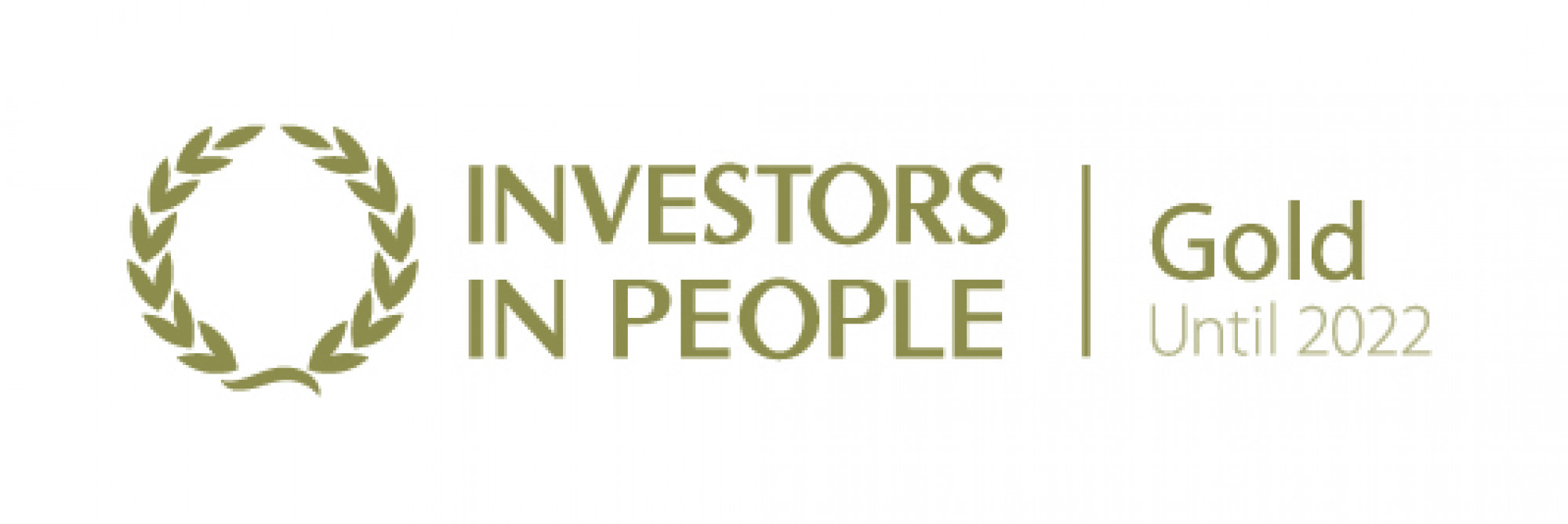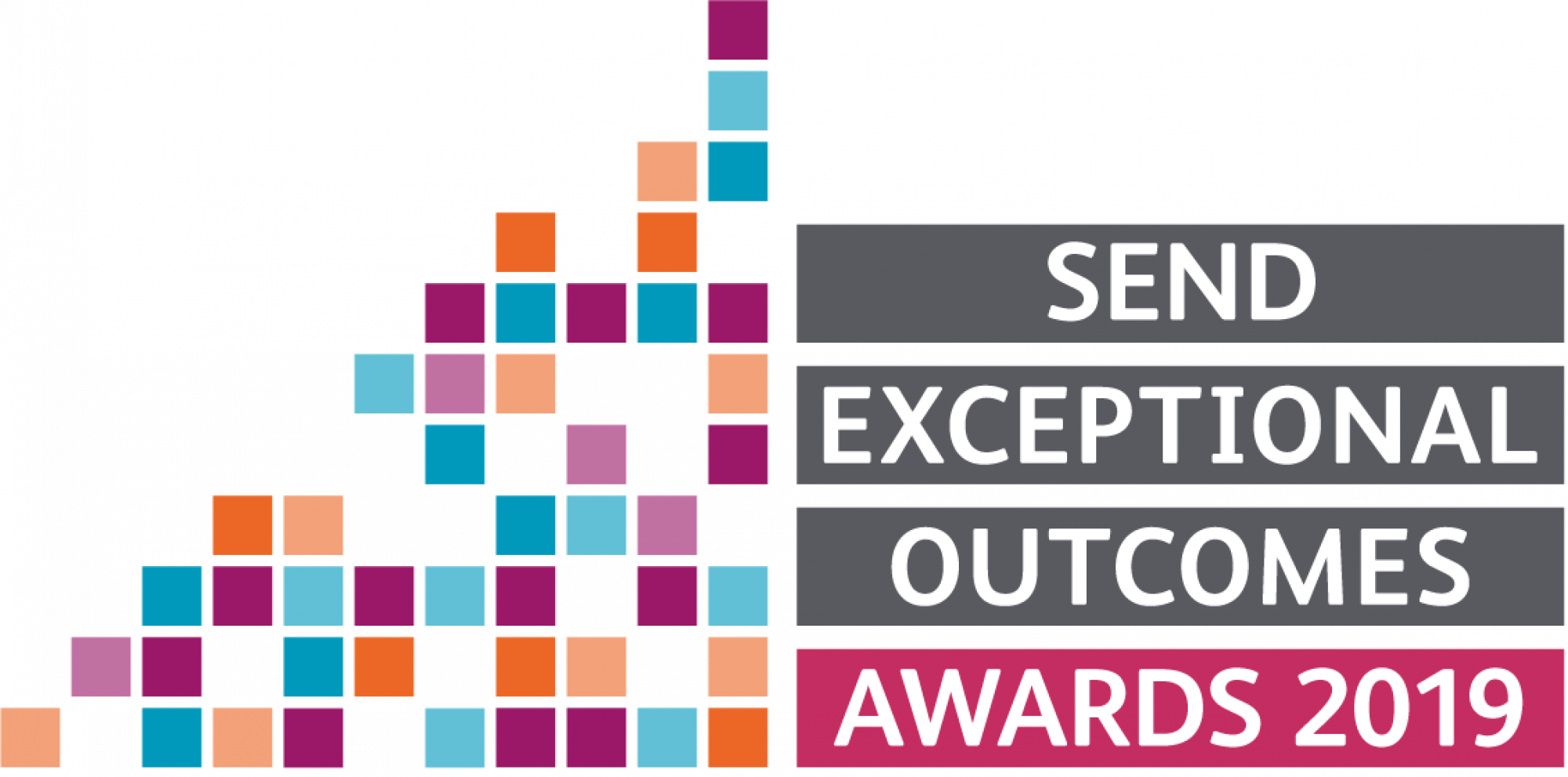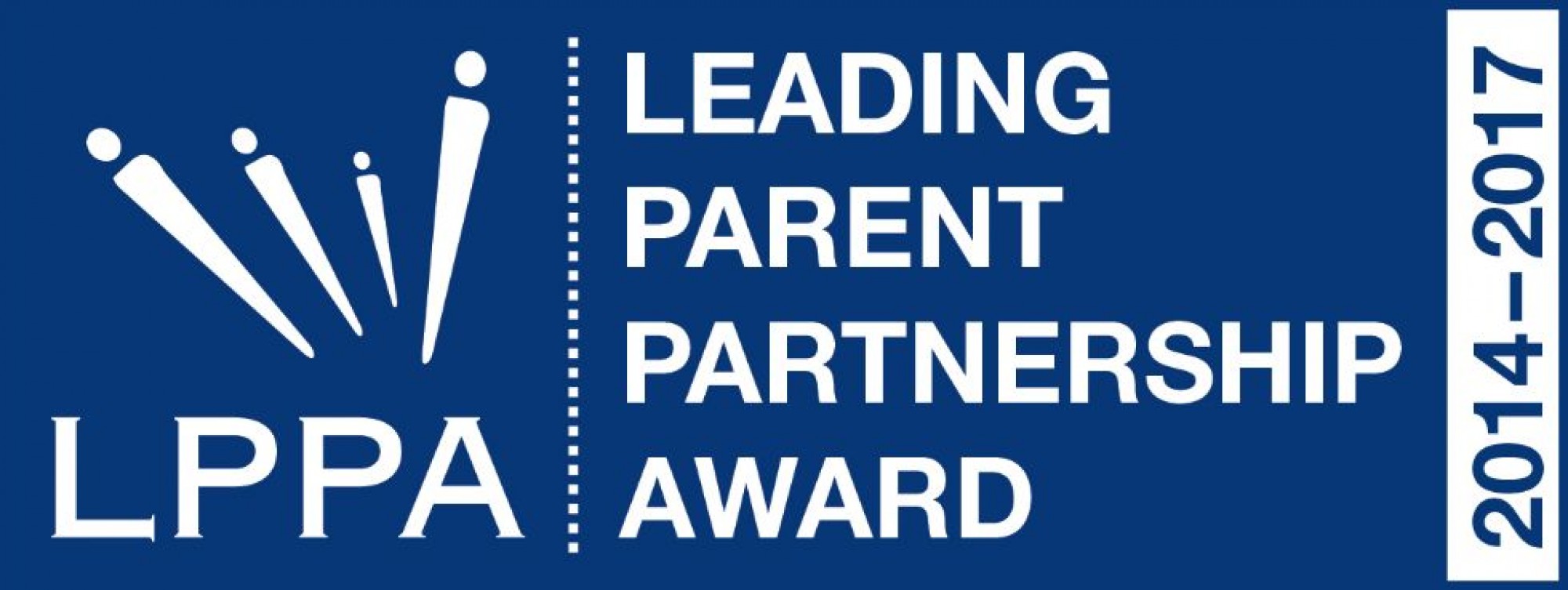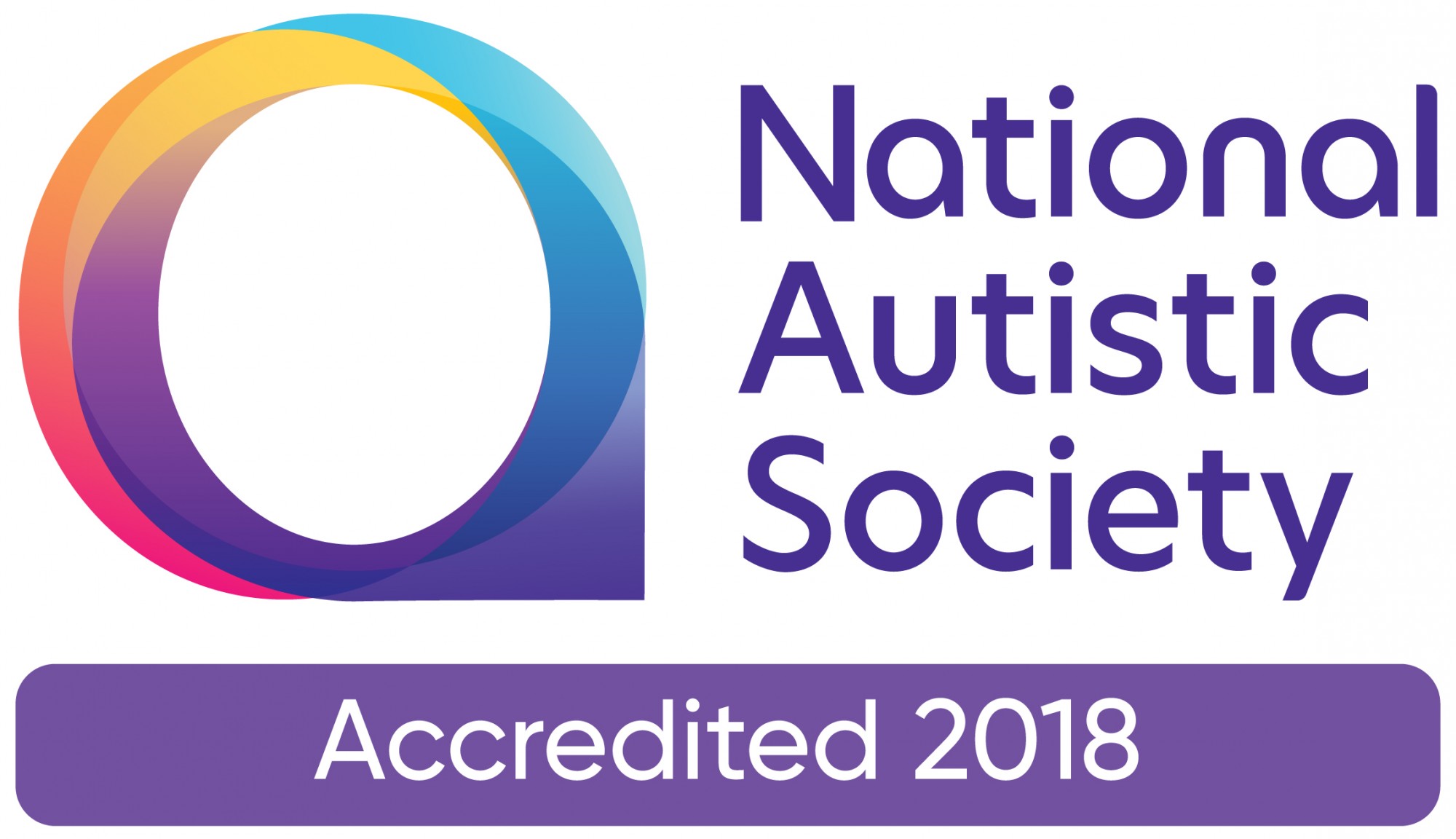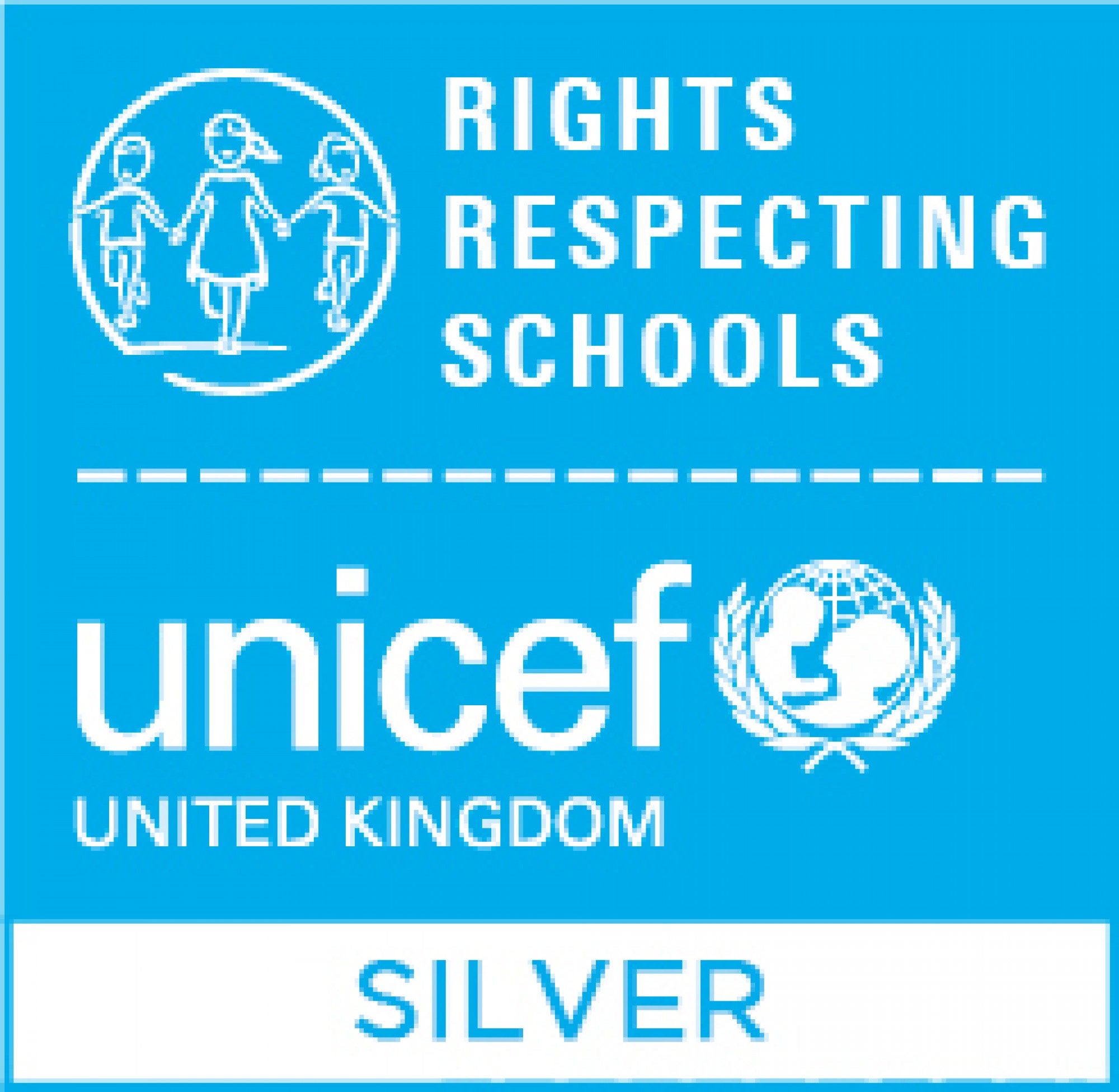"We learn not for school, but for life"
We understand that progress means knowing more and remembering more. Understanding and retention of prior knowledge permits the successful learning of new content.
We believe that the Sixth Form’s Curriculum embeds ‘transferable’ knowledge by employing carefully ‘sequenced’ learning of knowledge and skills. Our curriculum includes carefully chosen ‘components’ crucial for subsequent learning focusing on the Preparation for Adulthood Outcomes.
www.preparingforadulthood.org.uk
We believe that our curriculum is the progression model – progress is made through knowing more and remembering more. We are not driven by data, the data we collect is a tool in which we measure the impact of the curriculum.
The appropriateness, and the success of a lesson activity depends on how it contributes towards achieving the curricular goals. The Sixth Forms broad and balanced curriculum helps pupils to acquire knowledge, understanding and skills that will prepare them for life beyond formal education.
Intent
Our four broad, balanced, relevant and appropriate Curriculum Pathways are a carefully considered selection of learning opportunities designed to meet students’ needs.
- The Pathways are designed to engage all learners at the Sixth Form, which will ultimately enable progression onto further learning, be it delivered formally or through Adult Social Care.
- Lessons are interesting, enjoyable and relevant in terms of the students’ likely life experience.
By following our stimulating courses we intend that:
- Pathway 4 and 3 Students achieve the requisite qualifications to commence vocational ‘cross college’ courses alongside mainstream peers (at Level 1 or 2 for Pathway 4, Entry 3 or Level 1 for Pathway 3). Alternatively, students will achieve the required qualifications to access apprenticeships (including supported internships).
- Pathway 1 and 2 students will mature socially learning how to adjust to the prospect of adulthood. This will be achieved by following appropriate vocational and academic qualifications thus enabling them to access Employability courses beyond 19, with the preferred outcome being supported employment beyond 21 or Adult Social Care.
The enhancement of literacy and numeracy is at the core of all of the Pathways, with a focus on improving basic, fundamental functional numeracy and literacy. The least able students will become more able to express their opinions verbally or otherwise so that they are able to convey their own opinions attaining a greater level of self-advocacy.
All students receive high quality careers education so students are prepared for their next stage of learning and life.
- To provide stretch and challenge for all
- To equip students for their role as British citizens by developing an awareness of spiritual, social, moral and multi-cultural understanding – A Rights Respecting School
- To provide extracurricular opportunities to prepare students for life beyond school.
- For all to have opportunities to engage in health and well-being services.
The intent of the curriculum will be evident in the outcomes section of all of the students Education and Health Care Plans.
Implementation
Before students start at Abbey Hill Sixth Form they will visit for a transition period. They are assessed during the visit, and the results of the assessments are combined with their school qualifications to determine which learning pathway they will follow. All learning pathways meet the requirements of the Government's post 16 study programme. The subjects within the Pathways are broadly the same, but the content and the qualifications are differentiated by ability.
Further details can be found in the links below:
A full accreditation overview is available here
In addition to this formal curriculum all students have opportunities to participate in a health and well-being programme and Youth Social Action projects.
Students are encouraged to take part in extra-curricular activities, ensuring that students have access to a wide range of activities no matter their learning difficulty or socio economic background.
Impact
- 100% of students received bespoke careers advice and support resulting in the all starting with an appropriate course or programme suitable for their level of ability. Six months after leaving none of the students were categorised as NEET.
- All students met their academic expectations enabling them to access their first choice college course.
- A significant proportion of Pathway 4 students gained meaningful employment immediately after leaving the Sixth Form in a variety of sectors including finance, landscape gardening, fenestration, retail and the NHS.
- Support to former students offering apprenticeships, internships, work experience and bespoke ‘job carved’ roles.
- 100% of students gain a work experience placement (wither support and unsupported). Over 15 employers worked with the Sixth Form last academic year.
- 100% of students participate in a health and well-being programme.



